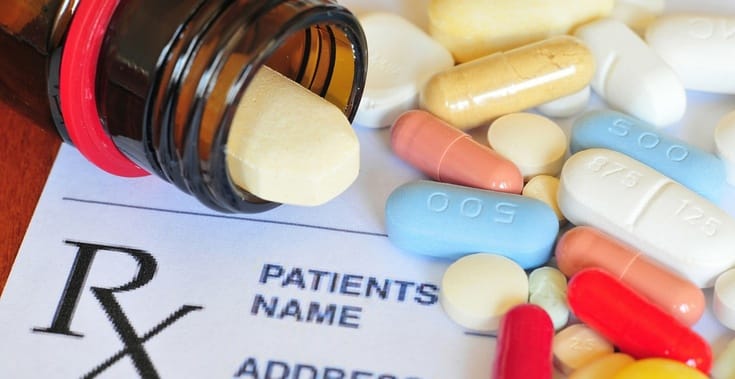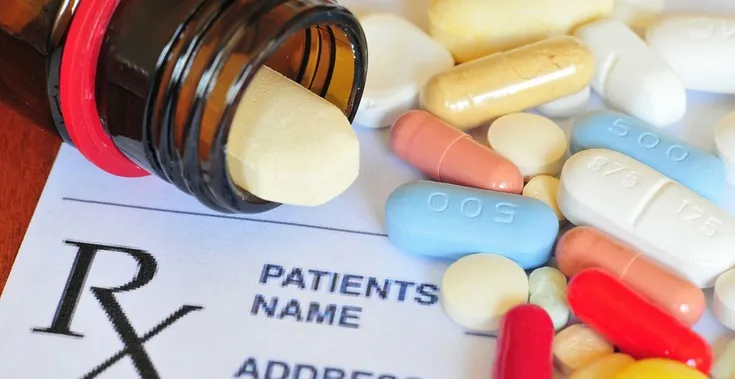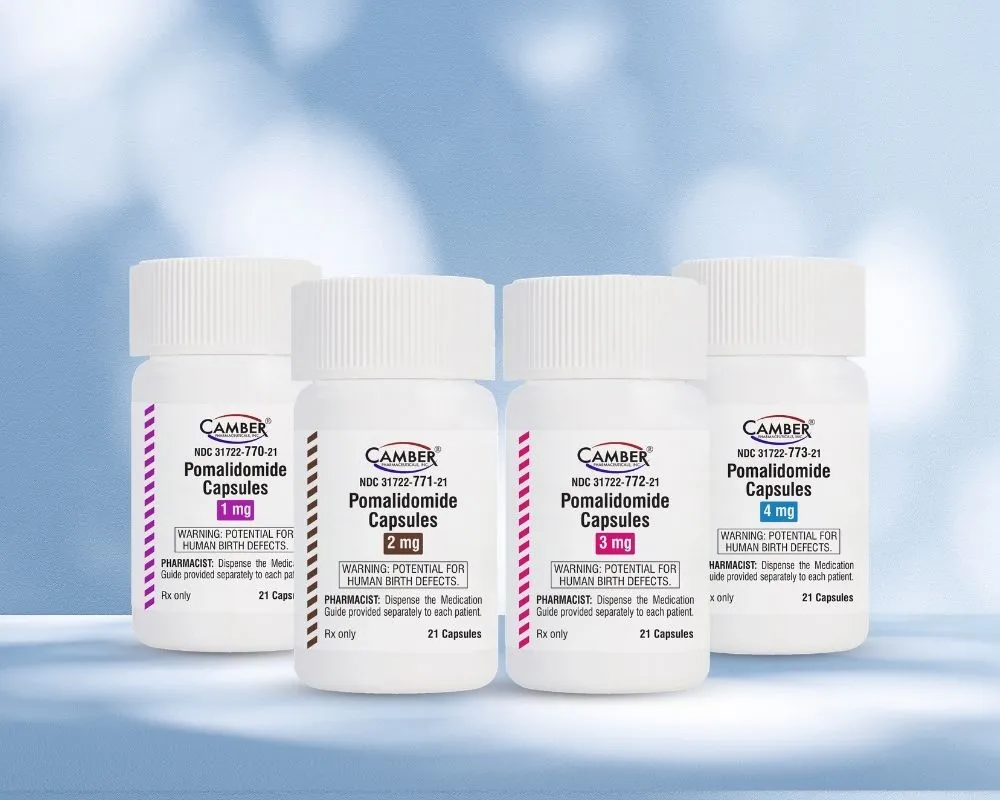ARLINGTON, Va. – The National Association of Chain Drug Stores (NACDS) has submitted comments to Health and Human Services Secretary Alex Azar in response to the agency’s request-for-information on drug-pricing public policy issues.

“We believe there are numerous opportunities to achieve the goals of lowering the financial burdens on patients and making prescription drugs more affordable and accessible,” wrote NACDS president and chief executive officer Steven Anderson. “However, we caution [the Department of Health and Human Services] HHS that policy proposals to achieve these goals should also ensure patient access to their prescription medications and critical pharmacy services.”
NACDS maintained its call for direct and indirect remuneration (DIR) fee reform and advocated on other issues including Medicaid pharmacy reimbursement based on average manufacturer price (AMP); pharmacy benefit manager (PBM) issues; biosimilars; the 340B Drug Discount Program; and more.
These issues are essential components of NACDS’ “Access Agenda,” which is shaped by pharmacy’s role on the front lines of healthcare delivery. The NACDS “Access Agenda” includes preserving patients’ access to care; enhancing access to newer services; and working as partners for stronger and safer communities.
Regarding DIR fees, NACDS expressed support for proposed changes that would “lead to lower costs and increased transparency in the [Medicare] Part D program.”
DIR fees were originally intended to capture and report rebate amounts paid by manufacturers at the end of the plan year during the reconciliation process in Part D. In recent years, however, the fees have become a catch-all category used increasingly by payors to include various pharmacy price concessions, such as fees related to performance-based programs or fees for participation in a preferred network. As a result, pharmacies find themselves in the untenable position of being paid by plan sponsors for prescription services, only to find out later that some of the payment must be returned.
In addition to expressing support for aspects of the Administration’s proposals, NACDS urged further steps that would foster greater predictability for pharmacies, while maintaining the focus on enhancing prescription-drug affordability. For example, NACDS urged that performance-based aspects of reimbursement need to be focused on factors that are pertinent to, and able to be affected by, pharmacies – and that there must be greater transparency and consistency in their use.
NACDS is urging HHS and the Centers for Medicare & Medicaid Services “to address the use of fees in this fall’s rulemaking process for the Medicare Part D program.”
In April, the Centers for Medicare & Medicaid Services stated in the Final Part D Rule that it has the authority to take action to remedy this issue, and that no legislative action would be needed before it could begin a rulemaking process.
On May 11, the Department of Health and Human Services (HHS) released “American Patients First: The Trump Adminstration Blueprint to Lower Drug Prices and Reduce Out-of-Pocket Costs.” The blueprint highlights four high-level strategies for reform: improved competition, better negotiation, incentives for lower list prices, and lowering patient out-of-pocket costs. As part of the process, the Administration issued requests-for-information, asking stakeholders for insights on policy issues.
NACDS has maintained communications with chain member companies to provide insights on HHS’ work, and has maintained a proactive footing in advocating on related issues.






